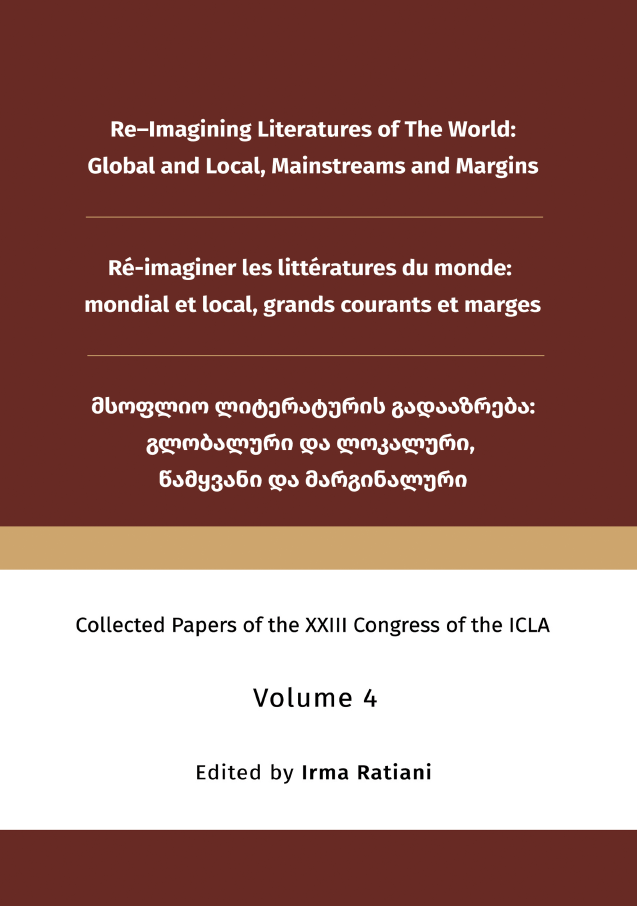Motherland, Holy Mother, “Mother Courage”: the Representation of Motherhood in Contexts of Armed Violence
Main Article Content
Abstract
The purpose of this paper is to question the massive presence of the motherhood motif in fictional literary production concerning female armed combat, and especially the recurrence of an archetypal pattern that we will call the “Mother Courage” pattern. After introducing the history of this expression and its different meanings, from Brecht’s play to modern press, we will analyze the construction of the “Mother courage”, or the brave mother, in the literature about female participation in armed combat. So, using the examples of the protagonists of the novella Umm Sa‘d (1969), by the Palestinian author Ghassan Kanafani, and of And Agnese Choose to Die (1949), by the Italian writer Renata Viganò, we will discuss how this pattern intersects with other archetypal representations of motherhood, from the Holy Mother to the Motherland, and with modern representations inspired by the Feminist movement. We will not that, even if the motherhood of the two characters is constantly highlighted in these novels, nearly becoming holy, inspired by the Marian pattern, Agnese and Umm Sa‘d follow different paths in regard to their engagement in armed combat. While the first one is a changing character who reaches, at least in part, a gender consciousness and whose role in the Italian resistance evolves throughout the story, the second one remains first and foremost a fighter’s mother who takes part in the armed movement through her son’s fight, and therefore through her motherhood. Through the examples of Umm Sa‘d and Agnese, we will finally consider whether the representation of motherhood, which materializes through the Mother Courage motif, amongst others, paradoxically allows women to reappropriate armed violence, traditionally considered as masculine, or whether it affirms a normative literary construction of femininity, imprisoning women through their reproductive role as much as trough their imposed non-violence.
